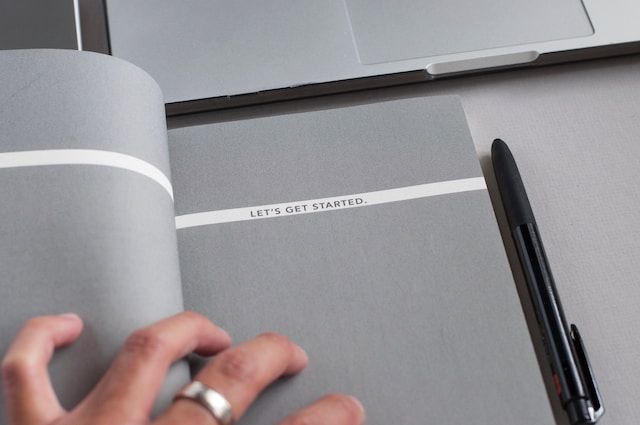.svg)


Are you struggling to stay on top of your workload? Are you perpetually drowning in a sea of emails, meetings, and to-do lists? You are not alone.
Unfortunately, failing to stay on top of tasks can have serious consequences, including burnout. When we constantly feel like there's more work to be done than time in the day, it's difficult to switch off and relax. Over time, this chronic stress can lead to physical and mental exhaustion, as well as a loss of motivation and productivity. By taking steps to manage our workload and prioritise self-care, we can avoid reaching a breaking point.
Fortunately, there is hope. "Getting Things Done" has stood the test of time. Productivity expert David Allen's much loved book offers a comprehensive system for organising your work and maximising your efficiency. The text has spawned courses, podcasts, and apps, but the basics are easy to understand. Let's explore the main points:
Perhaps the most memorable and impactful tip from the book is the two-minute rule. The rule is deceptively simple: if a task takes less than two minutes to complete, do it right away. This rule is a powerful defence against procrastination, but also a way to ensure that minor tasks don't grow into monsters or gang up with their friends while you aren't looking. You'll notch up some quick wins for yourself and even improve the efficiency of your team by signing that document or responding to that email.
Allen provides solid reasoning for why his rule is essential: “The rationale for the two-minute rule is that it’s more or less the point where it starts taking longer to store and track an item than to deal with it the first time it’s in your hands—in other words, it’s the efficiency cut-off.”
The two-minute rule is a simple change with powerful returns.
A deeper dive gets to the core of Allen's system: a five-step process for managing your tasks and responsibilities. Let's turn principles into action!
By following these tips and committing to the GTD system, you'll be well on your way to stress-free productivity and a more organised work life.